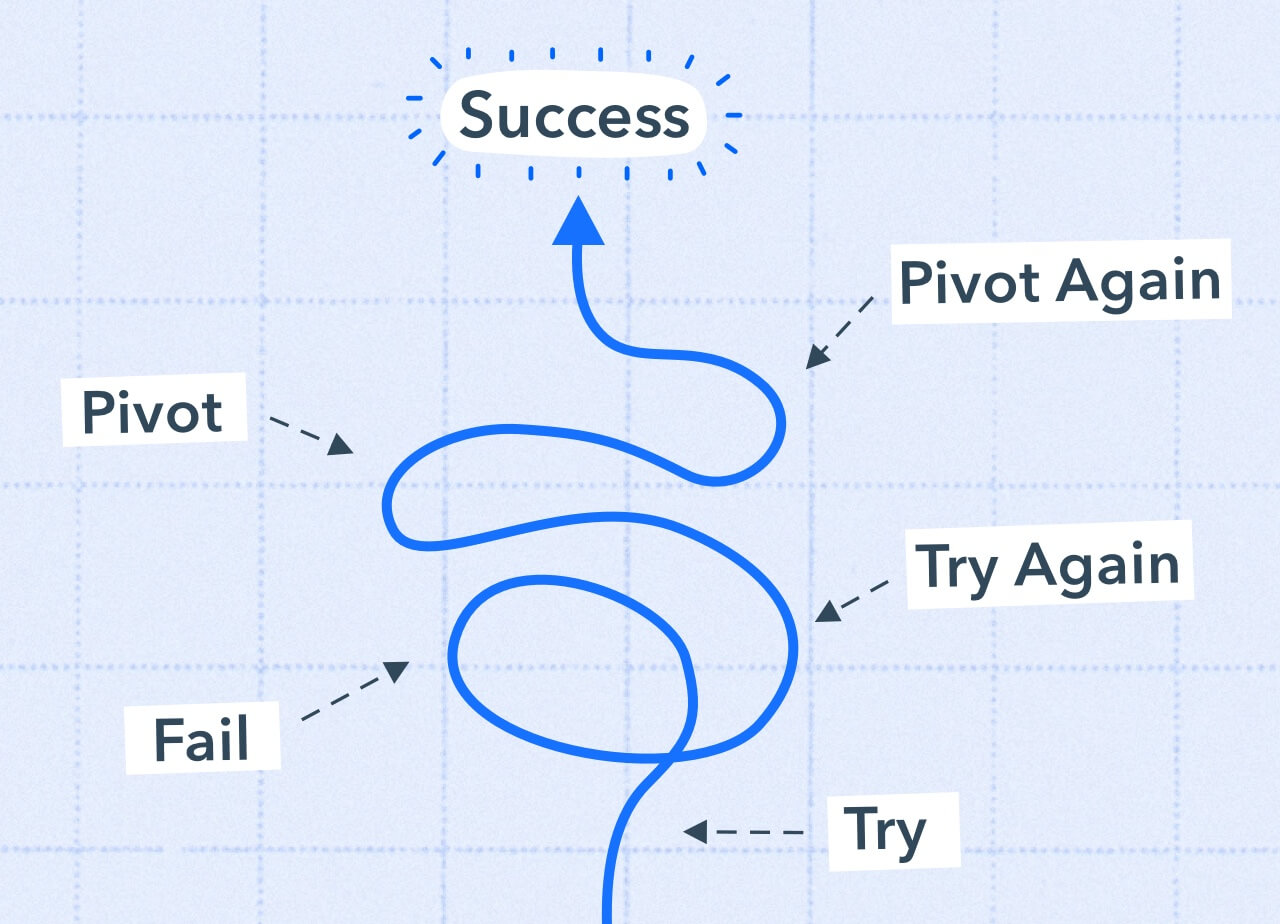Anyone who’s taken an important test or exam has probably encountered failure at some point. To be human is to make mistakes. Life presents us with opportunities, and sometimes we fail despite our best efforts.
So, what can we do when we fail? What can we do when we fall short and don’t know what to do next?
One word: resilience. Because all of us, at some time or another, will encounter failure, it’s important to develop resiliency. Resiliency gives us the gumption to evaluate our situation and plan our next steps.
Why does resilience matter?
Resilience is much more important and nuanced than we think. Psychology Today defines resilience as, “Resilience is that ineffable quality that allows some people to be knocked down by life and come back stronger than ever. Rather than letting failure overcome them and drain their resolve, they find a way to rise from the ashes.”
Greater resilience is often linked to higher academic achievement, improved mental health, and better overall health. A 2019 study on the role of resiliency in study progress found that resilience is a key factor in personal progress.
Additional studies have also shown that those with greater resilience are able to bounce back from stressful situations or failures faster. Bouncing back quickly from a negative experience means you spend less time in a negative emotional state and can re-engage in activities faster.
So how exactly does one become more resilient in the face of failure? We have a few tips.: Let’s take a look at how we can develop resiliency.
1. Take a clear-eyed look
It’s important to look at your situation and remember that it’s just that: a situation. It’s not your identity or your life. Just because this situation didn’t turn out like you hoped it would, it doesn’t mean you are a failure. It can be difficult to separate these feelings, but it’s important to realize the difference between your identity and the outcome of this specific situation – one of many situations you will encounter in your life.
Acknowledge your feelings of disappointment, but don’t let them cloud your view. Look at the situation as it is and put it in perspective: this is not the end of everything. This is an opportunity for you to move forward in a new way.
2. Discover what you can learn
Look at each failure and mistake as an opportunity to grow. It was an experiment you can learn from.
To understand the result, look at the process. What worked? What didn’t work? When you pinpoint areas for improvement, you move forward with newfound knowledge and experience.
When you encounter failure, it’s important to recognize that you’ve pushed yourself. When you’re challenged, it’s always possible that you’ll stumble at some point. If you can identify where you’ve stumbled and why, you will be armed with more tools in your toolkit.
3. Don’t obsess over it
No matter how much you think about it, you won’t change what happened. By obsessing over a situation, you don’t allow yourself to move forward. And choosing how you move forward is something you can control.

It’s important not to simply gloss over the failure and forget about it, but you also don’t want to spiral into negative thinking. Acknowledge the failure, feel the emotions you feel, and then focus your energy on the next step.
4. Shift your perspective
If you want to achieve anything, you will occasionally fail – it’s part of the process if you set a high bar for yourself. In order to fail, you have to have challenged yourself. Be proud of pushing your limits and recognize that failures prompt you to grow and improve.
Be aware of what messages you’re sending to yourself. Instead of: “How could I have ever thought I would succeed at this? I went about it all wrong and am doomed to fail.”, be more generous with yourself: “I tried to reach my goal and fell a little short. I’m closer than ever to succeeding now that I have this experience under my belt.”
A slight shift in perspective can do wonders. Taking a chance is what life is all about and by pushing yourself and occasionally failing, you are embracing opportunities. And when you encounter failure, think of it like another step in the process of achieving your goals, because that’s what it is.
5. Make a plan
Failure is not the end – it’s what determines your next step. Take a pause and determine how you could better approach the situation next time and think about how you’d like to move forward.
Your self-worth is not dependent on what you do or don’t achieve or how often you succeed or fail. It’s what you do after a setback that’s important. After you’ve encountered failure, you get to determine how you move forward.
Whether you’re committed to achieving the same goal or want to rethink your goal, make a plan and tackle whatever comes next armed with the knowledge from your experience. There’s no rulebook for this – you have the power to shape your path forward and make the most of failure.
Remember this
If you failed at something, it means you tried something. And that’s what life is all about. Resiliency means that when you reach further, you have more confidence in yourself, no matter the outcome.


 learning science
learning science